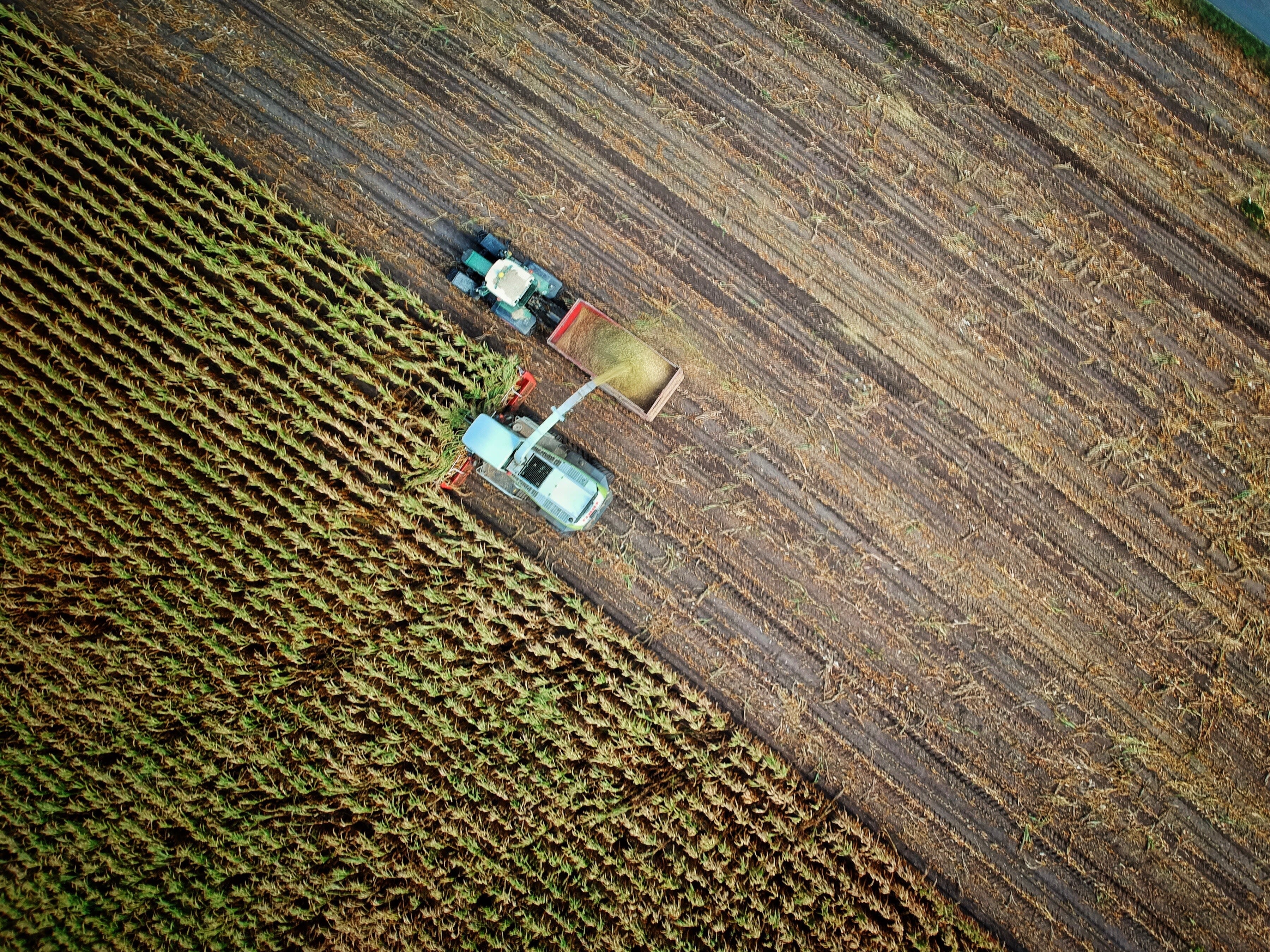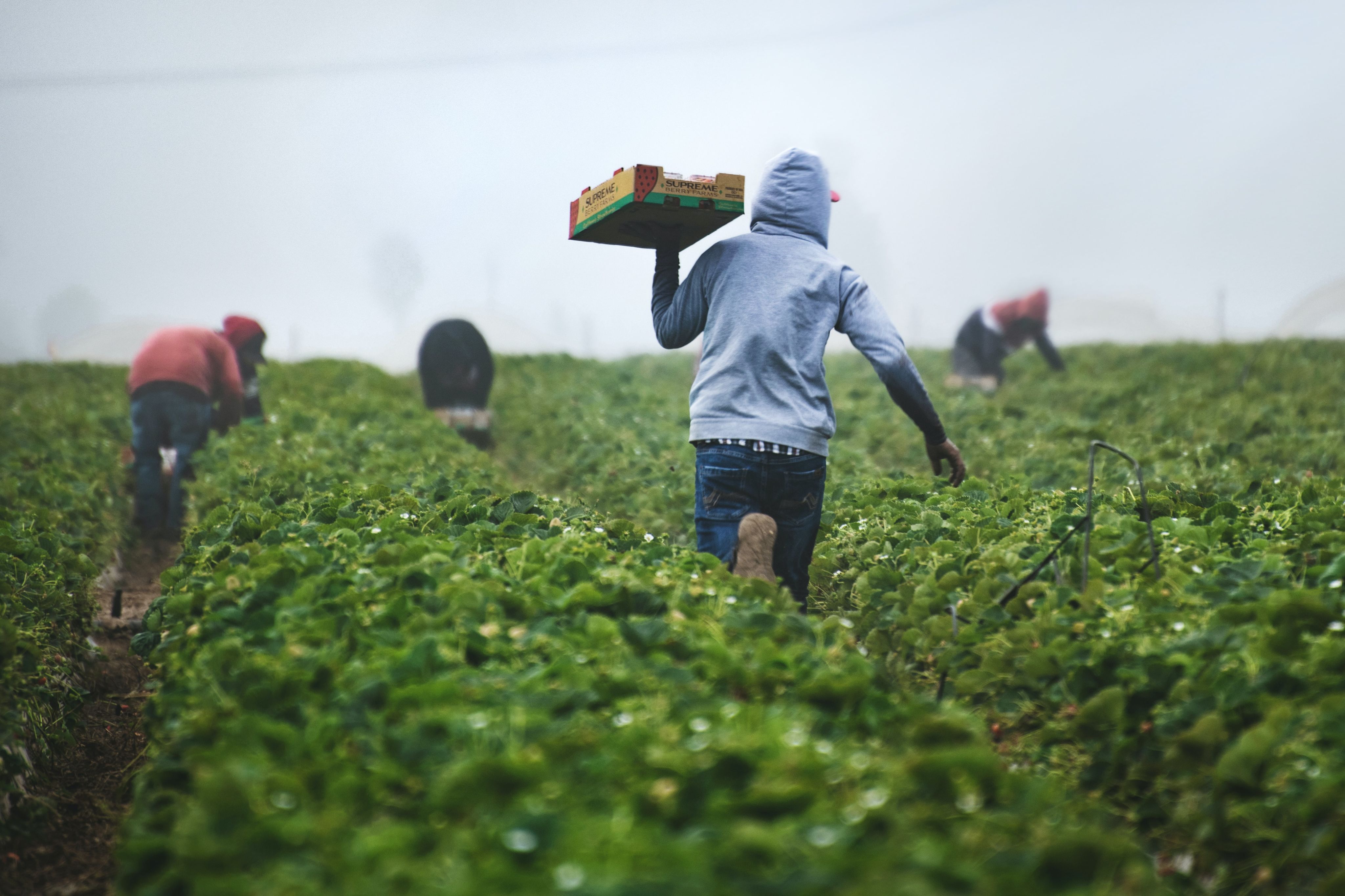The Circular Agriculture Hub
The equitable supply chain for fruit and veg – designed by Business School researchers
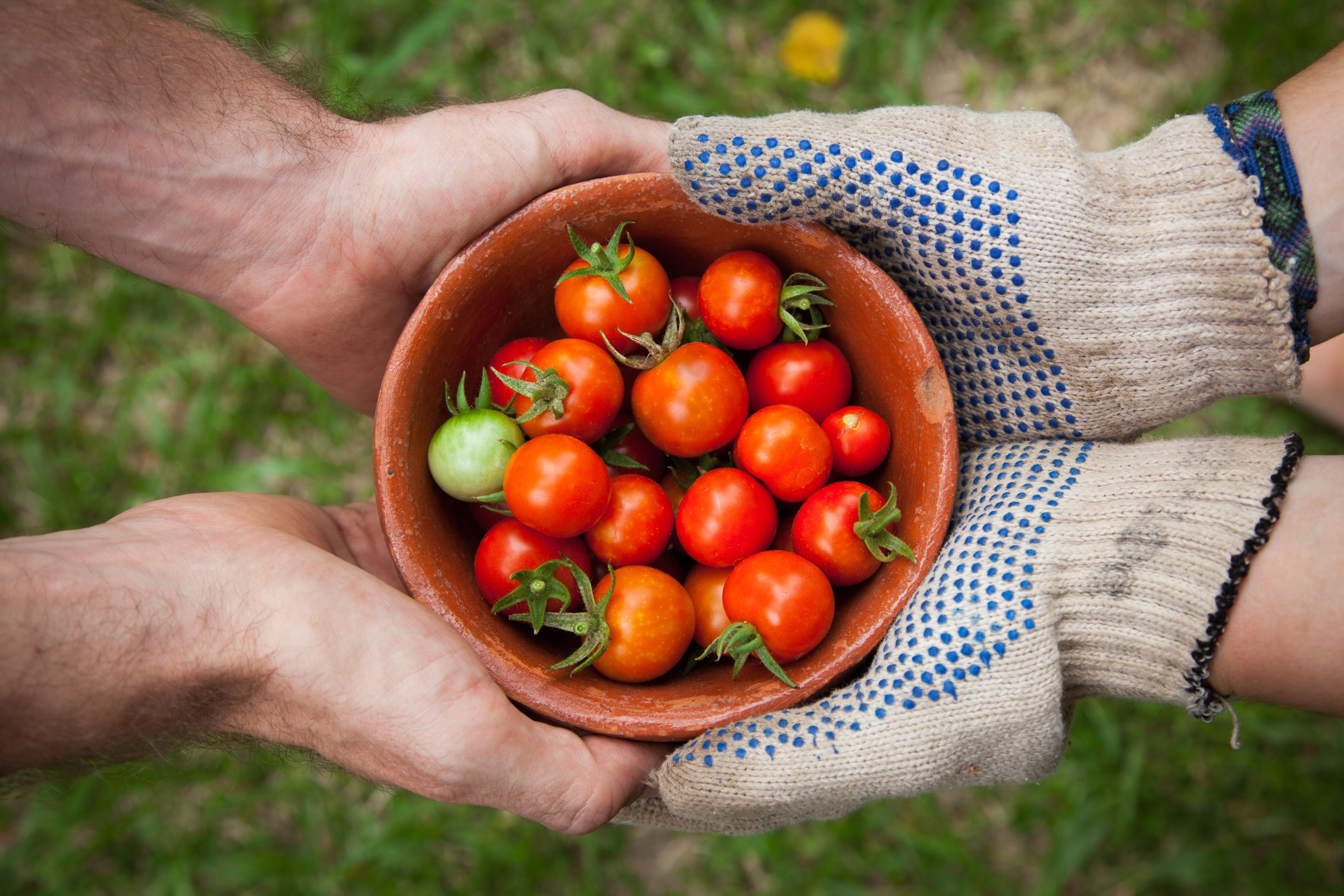
University of Bristol Business School academic Lucy McCarthy, together with Anne Touboulic (Nottingham University Business School), is set to launch an online hub for buying and selling farm produce.
The Circular Agriculture Hub confronts the UK’s shocking record on food waste and food poverty, and aims to provide desperately needed income for smaller-scale farmers.
“We’re like matchmakers for farmers!” says Lucy McCarthy when asked to introduce her new venture.
McCarthy, Senior Lecturer in Management, and her business co-founder, Anne Touboulic, are no brokers of romantic partners, however.
Their “matchmaking” service is the Circular Agriculture Hub. This not-for-profit start-up – set to launch formally in 2024 – pairs farmers up with a broad range of community-based customers that include food banks, small food producers, social supermarkets and other users, offering an alternative set of buyers to the big supermarkets.
McCarthy and Touboulic have spent their academic careers questioning the increasingly devastating impact of the food industry on the environment, consumers and farmers. The Circular Agriculture Hub is the pair’s response to a deeply troubling picture in food supply chains.
Around 7% of all food intended for human consumptions goes to waste on UK farms every year (WWF, 2022). That’s the equivalent of 6.9 billion meals and about 25% of all food waste.
Meanwhile, 4.7 million people – or 7% of the population – struggle to afford enough food to eat (House of Commons, 2023).
“We really want to be part of the movement that starts to address this shocking disconnect,” McCarthy explains.
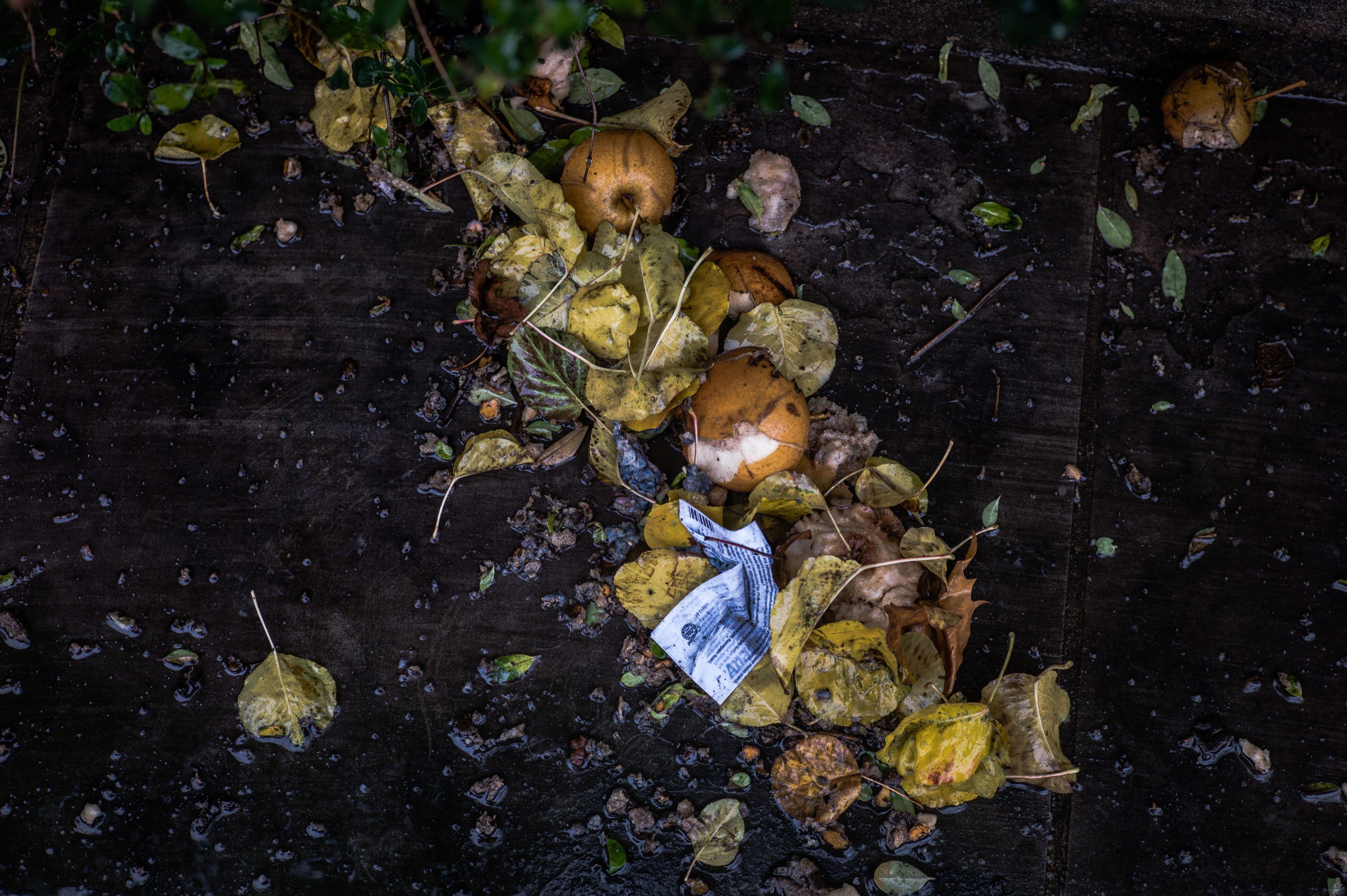
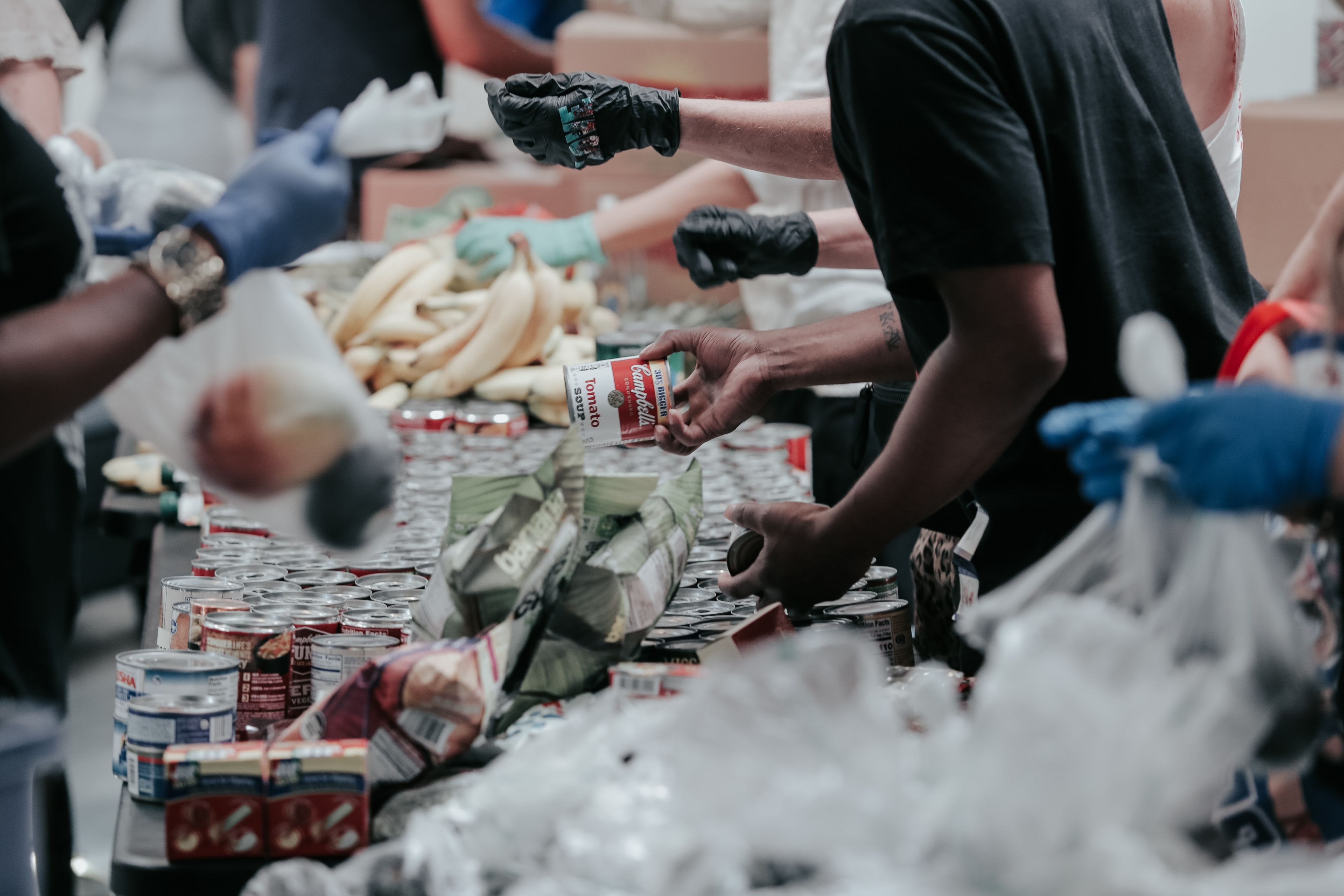
How the Circular Agriculture Hub works
The Circular Agriculture Hub offers a different supply chain for food. You can think of the Hub as an online farmers market or, perhaps, “the eBay for apples,” as McCarthy puts it.
It follows a three-step process:
1. Farmers list their surplus produce – edible fruit and vegetables that haven’t gone to supermarkets – onto the Hub’s website. This might include:
· Produce that is the ‘wrong’ size for supermarkets
· Slightly damaged, but still consumable, items
· Orders cancelled at the last minute by supermarkets
2. Customers place offers on the produce.
3. The farmers can accept, reject or negotiate the offers.
The research basis: the marginalisation of farmers
McCarthy and Touboulic, long-time research partners, share the same frustrations with today’s systems for getting food from farm to fork – systems that, as we’ve seen, actually prevent food from reaching the consumer.
Unlike standard food supply chains, which the Business academics argue are ruled by large food corporations and supermarkets, the Hub puts farmers in control. And it’s a chance for small- and medium-scale farmers to recoup some of the £1.8 billion they lose each year to wasted food.
McCarthy and Touboulic’s research convinced them they had to set up the Hub. Over the past 12 years, the pair have interrogated the power dynamics and environmental impacts within food supply chains, and explored how society treats farmers. And time and time again, they have arrived at the same conclusion.
“Farmers are the most critical element of the food supply chain, yet they're the least visible and the least valued,” Touboulic sums up. “And they feel like things are getting worse and worse.”
The research duo pieced together this overarching conclusion through studies that each provided yet another example of how farmers are devalued and silenced. They’ve examined:
· The TV shows that romanticise farmers’ precarious livelihoods and punishing workloads (‘agriculture as a labour of love’) (McCarthy, Touboulic, & Glover, 2022).)..
· The technofixes, from robot milkers to robot pollinators, that undermine meaningful people-centred solutions to farming crises (Touboulic & McCarthy, 2021).).
· The food giant that, through their YouTube videos, claimed to ‘empower’ smallholder farmers but, in truth, further marginalised them (McCarthy, Touboulic, & Matthews, 2018).).)
McCarthy and Touboulic don’t pretend that the Hub will replace supermarkets. But it does provide an alternative, and “gives farmers the choice in a landscape where their choices have been reduced by powerful corporate forces,” says Touboulic.
❝Farmers are the most critical element of the food supply chain, yet they're the least visible and the least valued.❞
Anne Touboulic
Provocation and participation: the research approach
“We’re political – we make no bones about that,” McCarthy states. “Food is political. And we’ve become more critical and slightly more radical and provocative over the years.”
While this “radical” position can occasionally make publication in mainstream journals “a little more challenging”, it reflects the pair’s approach to the problem. The Hub is an alternative to mainstream systems, and not a modification of the status quo.
And, unusually for social scientists, their solution is a university spinout – albeit one that measures success by its social and environmental impact, and not its profits (membership fees cover the cost of its maintenance and no more).
“When it comes to the social sciences, arts and humanities, there's a lot to be done in terms of understanding how spinouts works,” admits McCarthy. “But we’re getting great support from both our universities to get the Hub up and running – financial advice, business connections and so on.”
The researchers were also able to achieve far-reaching societal impact through their time on the ARC Accelerator to work towards setting up this self-sustaining social enterprise.
In keeping with their inclusive ethos - while also ensuring that their research and venture is relevant to its users - McCarthy and Touboulic embed themselves in the farming world, and actively seek the participation of farmers. As they conclude in a 2021 paper, “the critical first step is for us as researchers to become better at engaging beyond our usual circles.”
“We make a point of visiting farms and walking around and seeing what's going on,” McCarthy says. “And we make sure we pay famers for their time on our research projects.”
It is through their participatory approach that the researchers see, first-hand, how current food systems force smaller-scale farmers to make painful decisions.
“We’ve visited farmers who were packing up as we arrived,” McCarthy reports. “They just couldn't make it work anymore. Farmers have said explicitly to us that they don’t want their children to go into this career. The hours are too long, they have no holiday, they have next to no money.”
Separate industry analysis predicts that, between 2020 and 2030, the number of British farms will drop by 20% in response to slumping profits (The Andersons Centre, 2021).
“We’ve seen it happen,” confirms McCarthy. “It’s all too much for the farmers. It's just too hard.”
Global ambitions
Tackling food waste, food poverty, and the marginalisation of farmers are core to the team’s ambitions. But by providing a more direct route between farmer and consumer, as well as online educational resources, the Hub also feeds into a broader goal: to reconnect consumers with the source of their food.
“Many people think of food as coming from the supermarket,” Touboulic says. “But it’s a huge problem that supermarkets decide which foods are available to us.”
“Think of all the ultra-processed foods on the shelves,” McCarthy adds. “These ‘food-like substances’ are having a devastating impact on the nation’s health. I don't think there's any doubt about this anymore.”
The project enters a pilot phase in 2024 as an offline venture. Its five-strong team will build connections between farmers and customers through “phone calls, pen and paper,” before building a digital platform that allows the Hub to work at scale. Already, the team have enlisted around 100 users – producers and purchasers – all keen to start doing business with one another.
Following the pilot, the plan is to create multiple regional hubs that tap into – and reinforce – a thriving grassroots movement of food-focussed community organisations.
And then?
With the right adjustments to local contexts, McCarthy and Touboulic see no reason why their initiative couldn’t go international. “It would be totally open access. Anybody who wants to do this can do it.”
Moreover, with funding support from Engineering and Physical Sciences Research Council (EPSRC), McCarthy and Touboulic aim to advance research incorporating more digital elements, focusing on developing a digitally enabled circular economy and sustainable digital technologies.
From sustainable food and fashion, to low-carbon businesses and equitable transitions. Discover how University of Bristol Business School research is paving the way for a more sustainable and inclusive society

